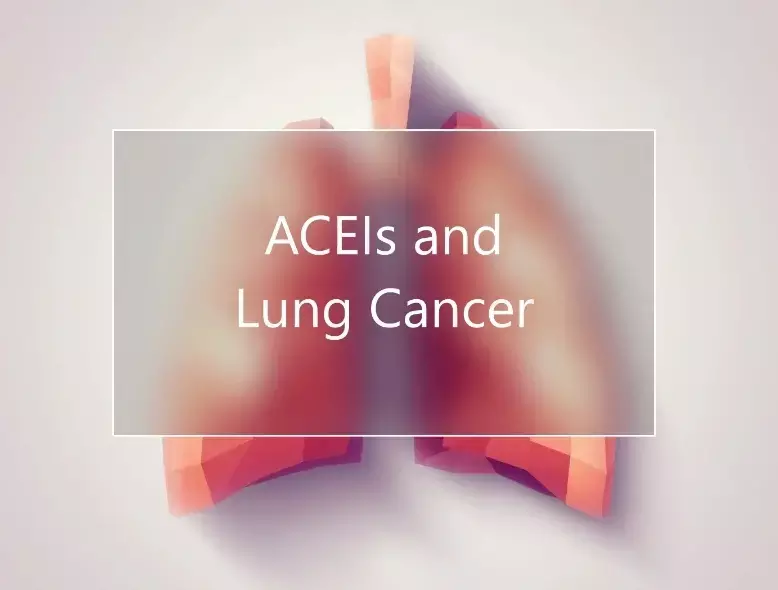- Home
- Medical news & Guidelines
- Anesthesiology
- Cardiology and CTVS
- Critical Care
- Dentistry
- Dermatology
- Diabetes and Endocrinology
- ENT
- Gastroenterology
- Medicine
- Nephrology
- Neurology
- Obstretics-Gynaecology
- Oncology
- Ophthalmology
- Orthopaedics
- Pediatrics-Neonatology
- Psychiatry
- Pulmonology
- Radiology
- Surgery
- Urology
- Laboratory Medicine
- Diet
- Nursing
- Paramedical
- Physiotherapy
- Health news
- Fact Check
- Bone Health Fact Check
- Brain Health Fact Check
- Cancer Related Fact Check
- Child Care Fact Check
- Dental and oral health fact check
- Diabetes and metabolic health fact check
- Diet and Nutrition Fact Check
- Eye and ENT Care Fact Check
- Fitness fact check
- Gut health fact check
- Heart health fact check
- Kidney health fact check
- Medical education fact check
- Men's health fact check
- Respiratory fact check
- Skin and hair care fact check
- Vaccine and Immunization fact check
- Women's health fact check
- AYUSH
- State News
- Andaman and Nicobar Islands
- Andhra Pradesh
- Arunachal Pradesh
- Assam
- Bihar
- Chandigarh
- Chattisgarh
- Dadra and Nagar Haveli
- Daman and Diu
- Delhi
- Goa
- Gujarat
- Haryana
- Himachal Pradesh
- Jammu & Kashmir
- Jharkhand
- Karnataka
- Kerala
- Ladakh
- Lakshadweep
- Madhya Pradesh
- Maharashtra
- Manipur
- Meghalaya
- Mizoram
- Nagaland
- Odisha
- Puducherry
- Punjab
- Rajasthan
- Sikkim
- Tamil Nadu
- Telangana
- Tripura
- Uttar Pradesh
- Uttrakhand
- West Bengal
- Medical Education
- Industry
Common BP drug may raise risk of Lung Cancer: Study

Angiotensin-converting enzyme inhibitors (ACEIs) are effective drugs used in the treatment of hypertension. Although these drugs are relatively safe in the short term, concerns have been raised that their long term use may be associated with an increased risk of cancer. In recent research, researchers have found high cumulative ACEI doses was associated with modestly increased odds of lung cancer. The research has been published in the Circulation: Cardiovascular Quality and Outcomes on January 13, 2021.
The use of ACEIs causes an accumulation of bradykinin in the lung, which has been reported to stimulate the growth of lung cancer. ACEI use also results in accumulation of substance P, which is expressed in lung cancer tissue and has been associated with tumour proliferation and angiogenesis. The few observational studies that investigated the association between ACEI use and lung cancer have reported mixed findings. However, these concerns have been subject to debate. In a previous cohort study from the United Kingdom, researchers reported ACEIs association with increased risk of lung cancer. For the same, researchers conducted a study to replicate these findings in a Danish population.
It was a nested case-control study using data from 4 Danish national health and administrative registries. Researchers evaluated the new users of ACEIs or angiotensin II receptor blockers in Denmark from January 1, 2000, and followed them until December 31, 2015, for incident lung cancer, death, or emigration. They matched each lung cancer case with up to 20 controls on age, sex, duration of follow-up, and year of cohort entry using risk-set sampling. They used conditional logistic regression to estimate the odds ratios (ORs) for the incident, histologically verified lung cancer with high use of ACEIs which was defined as a cumulative dose above 3650 defined daily doses. They examined different cumulative doses of ACEI (≤1800, 1801–3650, >3650 defined daily doses), and its varied association with lung cancer histology, then they repeated the analyses using thiazides as an active comparator.
Key findings of the study:
• Researchers included a total of 9652 lung cancer cases which was matched to 190 55 controls.
• Upon analysis, they found that the high use of ACEIs was associated with lung cancer (adjusted OR, 1.33).
• They also found that lower cumulative doses have neutral associations (≤1800 defined daily doses OR, 1.01; 1801–3650 defined daily doses OR, 1.03).
• As the Confidence Intervals were wide they included the null when stratifying on histology.
• They found similar results with thiazides (OR, 1.34).
The authors concluded, "Use of high cumulative ACEI doses was associated with modestly increased odds of lung cancer although use of lower doses showed neutral associations. The established benefits of ACEIs should be considered when interpreting these findings".
For further information:
https://www.ahajournals.org/doi/10.1161/CIRCOUTCOMES.120.006687
Medical Dialogues Bureau consists of a team of passionate medical/scientific writers, led by doctors and healthcare researchers. Our team efforts to bring you updated and timely news about the important happenings of the medical and healthcare sector. Our editorial team can be reached at editorial@medicaldialogues.in.
Dr Kamal Kant Kohli-MBBS, DTCD- a chest specialist with more than 30 years of practice and a flair for writing clinical articles, Dr Kamal Kant Kohli joined Medical Dialogues as a Chief Editor of Medical News. Besides writing articles, as an editor, he proofreads and verifies all the medical content published on Medical Dialogues including those coming from journals, studies,medical conferences,guidelines etc. Email: drkohli@medicaldialogues.in. Contact no. 011-43720751


